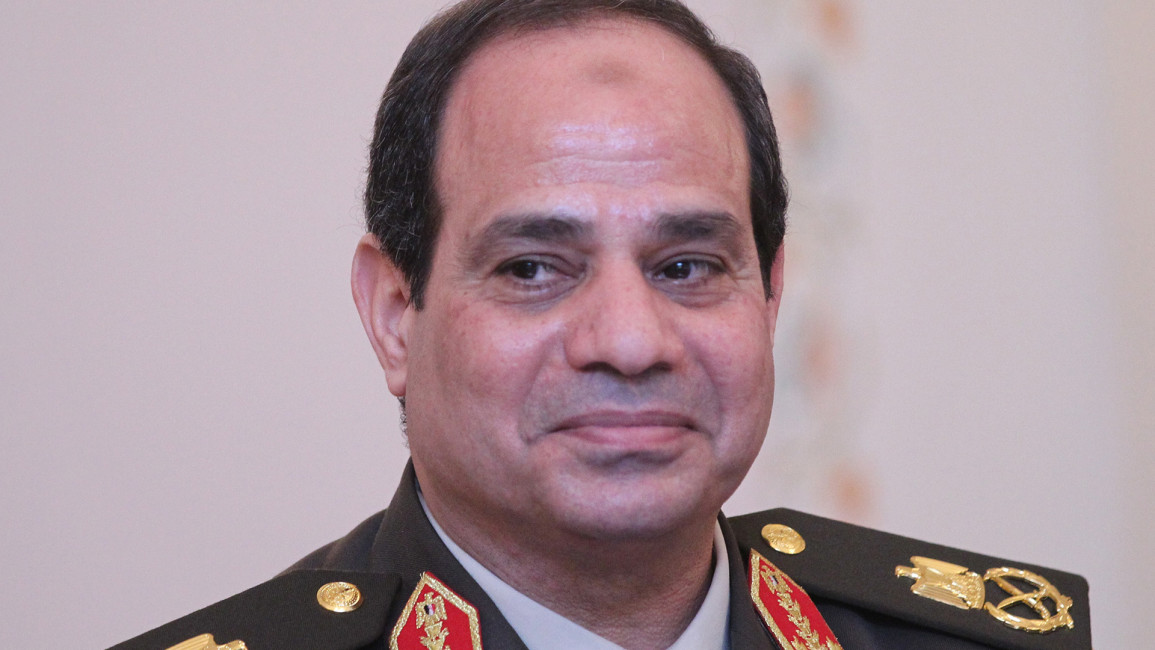Egypt's strongman Sisi threatens anti-opposition crackdown after election boycott calls
A clearly furious Abdel-Fattah al-Sisi, a general-turned-president, spoke a day after a coalition of opposition parties and public figures called for a boycott of the March 26-28 vote, which they described as a farce.
Earlier this week, five opposition figures, including a 2012 presidential candidate and two top campaign aides for a now-arrested presidential hopeful, also called for a boycott and urged Egyptians not to recognize the vote’s outcome.
Their action has been expected to draw a harsh and swift response from authorities who have shown little tolerance for dissent under Sisi and because it was likely to encourage more expressions of discontent over what critics see as the president’s increasingly authoritarian traits.
Sisi is virtually certain to win a second, four-year term.
A face-saving candidate’s last-minute entry spared the government the embarrassment of a one-candidate election but drew criticism and mockery on social media.
Without directly mentioning the boycott call or the March vote, Sisi ominously threatened that if attempts to destabilise the nation continue, he would call on Egyptians to give him “another mandate because there will be other measures against anyone who believes he can mess with its (Egypt’s) security … I fear no one but God.”
Sisi asked for a popular mandate to fight “violence and possible terrorism” in July 2013, less than a month after, as defense minister, he led the military’s ouster of the Islamist Mohammed Morsi, Egypt’s first freely elected president whose one year in office proved divisive.
Millions took to the streets in response to his call, and Sisi then began what is believed to be the largest and harshest crackdown on dissent in the country’s living memory.
In another thinly veiled reference to the 2011 uprising that forced autocrat Hosni Mubarak to step down, Sisi said: “What happened seven or eight years ago will not be repeated … You seem not to know me well enough. No, by God, the price of Egypt’s stability and security is my life and the life of the army,” he said, directing an intense gaze at Defense Minister Sidki Sobhi, seated to his left in a ceremony marking the production of a giant offshore gas field.
“I don’t want anyone to mess with us (Sisi and the army), because I am not a politician who just talks.”
The president’s implicit reference to the 2011 uprising was the closest he came to echoing the almost daily demonization by pro-government media of the uprising as a foreign plot carried out by paid agents.
Many of the uprising’s key figures are either in jail, live in exile or quietly moved to the sidelines, but it is Islamists who have borne the brunt of the crackdown on dissent, with thousands of them in jail.



